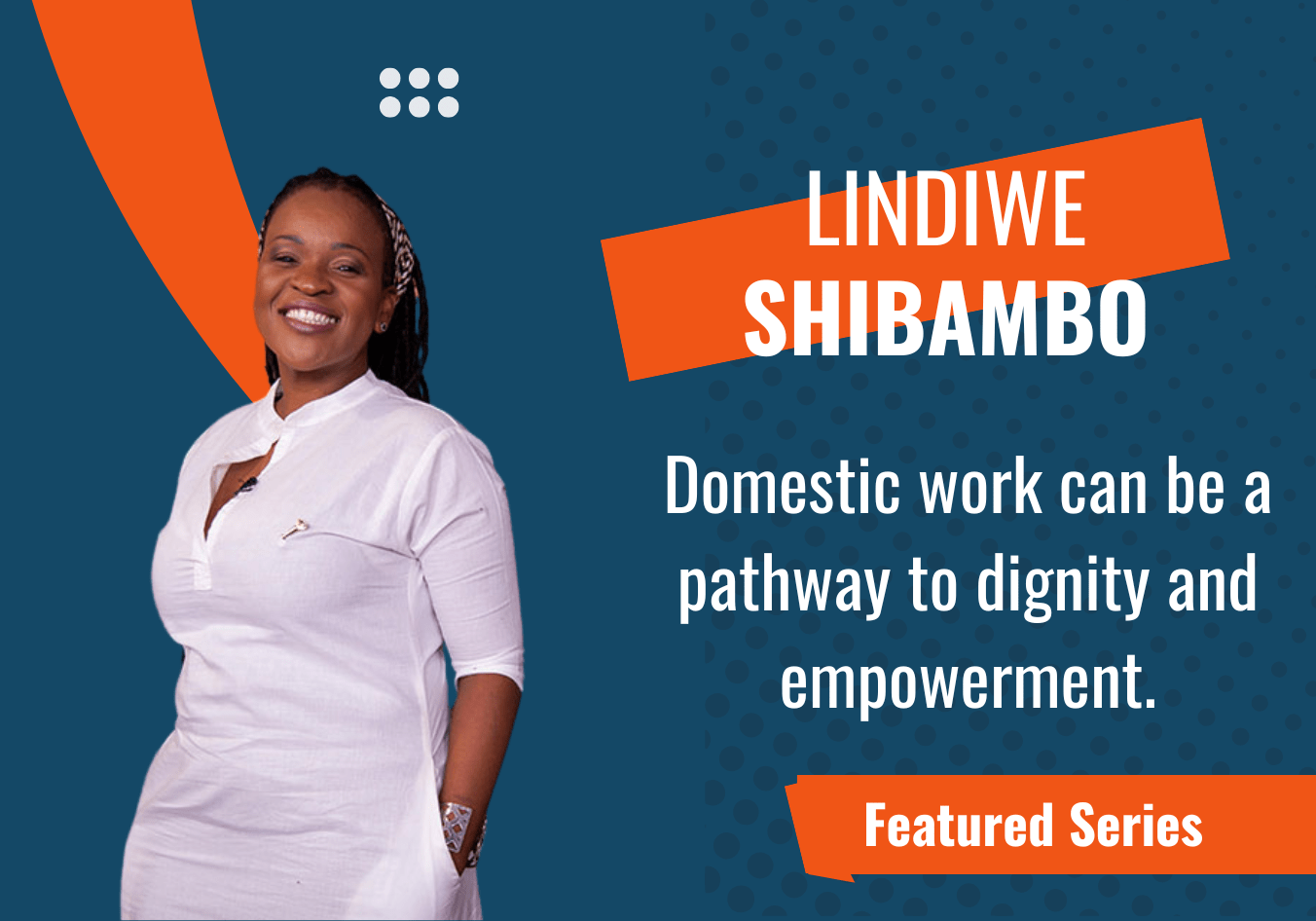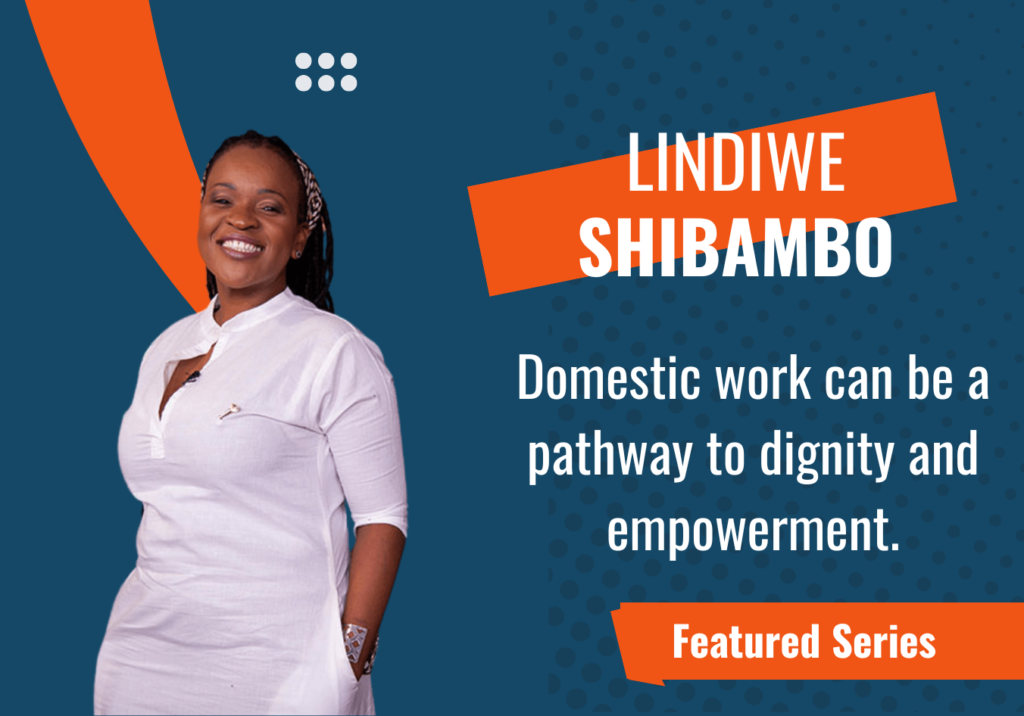
In South Africa’s fast-paced urban centres, it’s not uncommon to hear complaints about the difficulty of finding a reliable, trustworthy domestic worker. But what often goes unspoken is the lived reality on the other side, domestic workers entering unfamiliar homes, often without formal training, legal protection, or confidence.
It’s this dual perspective that inspired Lindiwe Shibambo, founder of MAID4U, to build a business that prioritises not only professionalism but dignity.
What makes her story especially powerful is that she’s lived it.
From Experience to Enterprise
Shibambo’s journey into entrepreneurship began as a young woman in the homes where she once worked as a domestic worker. Fresh out of matric with no funds to study further, she took on her first job as a domestic worker.
“I had never used a microwave, never seen the kinds of bedding or appliances in the home I worked in. I arrived with low self-esteem, embarrassed to admit what I didn’t know,” she recalls.
Her personal story would later serve as the blueprint for MAID4U, a professional domestic worker placement agency committed to training, legal compliance, and job creation.
But more than that, MAID4U was created with a deeper mission: to help underprivileged women, like Shibambo once was, find their feet in the economy. By offering skills development and formal employment opportunities, the business serves as a stepping stone to financial independence for women often left behind.
Creating a Safe System for Domestic Work
Today, MAID4U is a fully registered and accredited agency, providing not only vetted domestic workers but peace of mind for employers. The company is licensed by the Department of Labour and Employment, and holds accreditations from the Service SETA, CATHSSETA and HWSETA.
From background checks that span SAPS and National Intelligence databases to contract management, UIF registration, and ongoing HR support, MAID4U handles it all. “Our value proposition is built on safety, convenience, and security, for both the employer and the employee,” Shibambo says.
Many domestic workers lack access. That’s why MAID4U’s services are underpinned by training programmes. MAID4U offers potential employees Basic Domestic Service Training NQF Level 1 Accredited by SETA , Hotel Housekeeping Training Accredited by CATHSETA and Early Childhood Development Qualification Accredited by HWSETA. MAID4U has also expanded their scope to Care Workers Qualifications, Laundry, and Garden Work.
“We’re not just helping people find work, we’re helping them build a career and walk into a home with confidence,” says Lindiwe.
Using Technology for Business Growth
Technology has been a game-changer for MAID4U. Through smart systems and an upcoming data-free mobile app, the business has expanded its footprint across South Africa. From digital training to remote onboarding and communication, tech has enabled the team to operate efficiently and scale sustainably.
“We’ve been able to reduce costs, increase productivity, and build a paperless, nationally-accessible model,” Shibambo explains.
Overcoming Industry Biases
One of the hardest parts of growing MAID4U has been access to funding. “The domestic work sector is still underestimated. It’s seen as informal and not scalable,” she says. Despite this, the business has achieved organic growth, bolstered by incubation support from Shanduka Black Umbrellas, where it won two awards and secured funding to grow operations.
Looking Ahead: A Franchise Model for Impact
Shibambo envisions a future where MAID4U operates across all provinces and into SADC countries through a franchise model. The goal? To train and support more than 30 franchisees, each building their own business under the MAID4U banner.
“Domestic work doesn’t have to be a dead-end job. With the right support, it can be a pathway to dignity and empowerment,” she says.
In South Africa’s fast-paced urban centres, it’s not uncommon to hear complaints about the difficulty of finding a reliable, trustworthy domestic worker. But what often goes unspoken is the lived Read More


